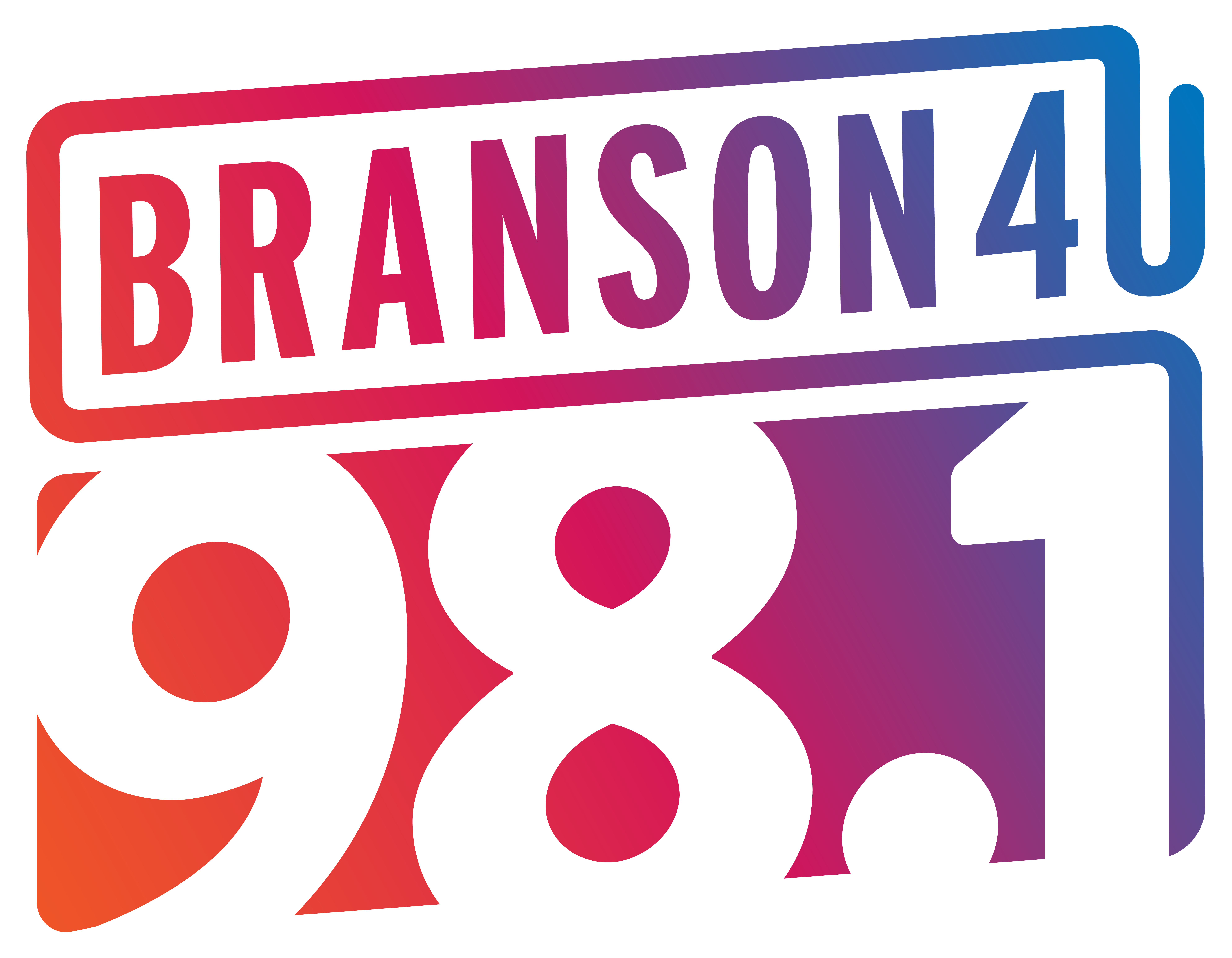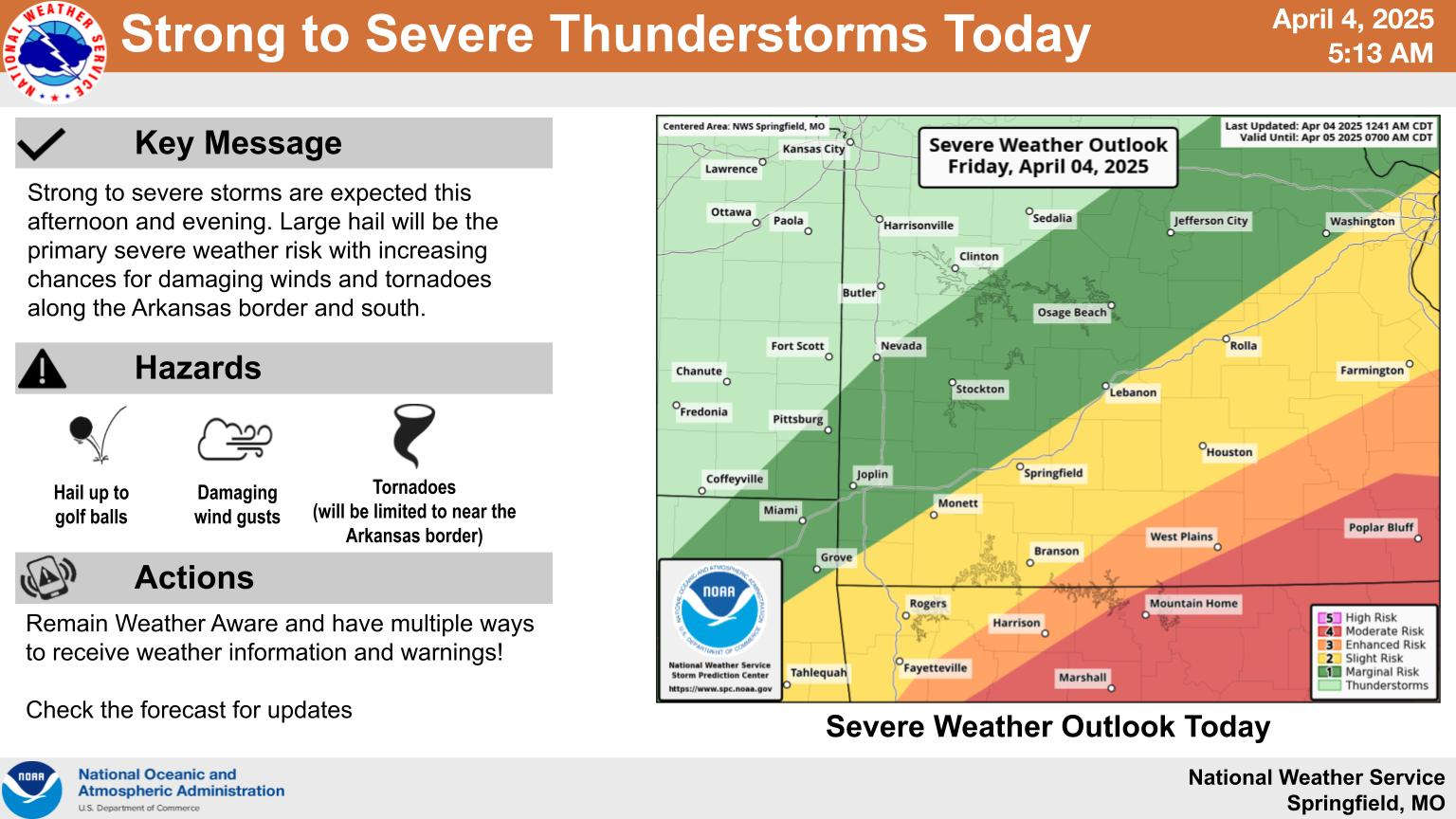
On December 3, 2024, Missouri carried out its fourth execution of the year
On December 3, 2024, Missouri carried out its fourth execution of the year, drawing significant public attention and sparking renewed debate over the state’s use of capital punishment. Christopher Collings, 49, was executed for the 2007 rape and murder of 9-year-old Rowan Ford, an act that devastated the small community of Stella, Missouri. His execution at the Eastern Reception, Diagnostic, and Correctional Center in Bonne Terre marked another chapter in Missouri’s complex relationship with the death penalty.
The Case and Execution
Collings’ case dates back 17 years when he was convicted of sexually assaulting and murdering Ford, a fourth grader, before disposing of her body in a sinkhole. During his trial, evidence of Collings' abusive upbringing was presented but failed to sway the jury from recommending a death sentence. His execution was carried out using a single dose of pentobarbital, with Collings pronounced dead at 6:10 p.m. on Tuesday.
Protesters Voice Concerns
Outside the Boone County Courthouse, a small but vocal group of protesters called for the abolition of the death penalty. Holding signs and braving cold weather, they argued that Collings' traumatic childhood, including severe abuse in foster care, should have been given more weight during his sentencing.
"We are deeply troubled by the procedural flaws in his trial," said Laura-Chopp Disanto, one of the protesters. "Important evidence was excluded, and some jurors later admitted that hearing it might have changed their decision to life without parole instead of the death penalty."
A State Divided
Missouri ranks fifth in the nation for executions since 1976, with 101 carried out, yet public opinion remains divided. Advocates for the death penalty argue it serves justice in the most egregious cases. Darrell Moore, a former Greene County prosecutor, emphasized that Missouri law carefully defines when the death penalty can be applied, requiring juries to find at least one of 17 aggravating factors, such as committing murder during a rape or kidnapping
However, opponents highlight inconsistencies and biases in the judicial process. They also point to the high cost and irreversible nature of the death penalty compared to life imprisonment without parole.
A Growing Movement for Reform
Organizations and activists across Missouri, including groups connected to social advocacy networks like Inspiring New Growth, are amplifying calls for justice reform. These efforts aim to shift focus toward restorative justice practices, reduce systemic inequities, and ultimately replace capital punishment with alternatives that reflect both accountability and humanity.
The ongoing debate reflects broader national conversations about criminal justice reform, making Missouri a critical battleground in the fight over the future of the death penalty.
For further reading on this topic, visit the
tps://abc
th-execution-of-2024-protesters-demand-reform/) and the Missouri State Highway Patrol’s public safety reports.






 Local Pantry to Answer Questions about USDA Funding Cuts
Local Pantry to Answer Questions about USDA Funding Cuts
 Heavy Rain, Severe Weather Update
Heavy Rain, Severe Weather Update
 Schools Impacted By Storms
Schools Impacted By Storms
 Wednesday Storms, Thursday Rain
Wednesday Storms, Thursday Rain
 Eureka Springs Police Officers Save Lives in Fire
Eureka Springs Police Officers Save Lives in Fire